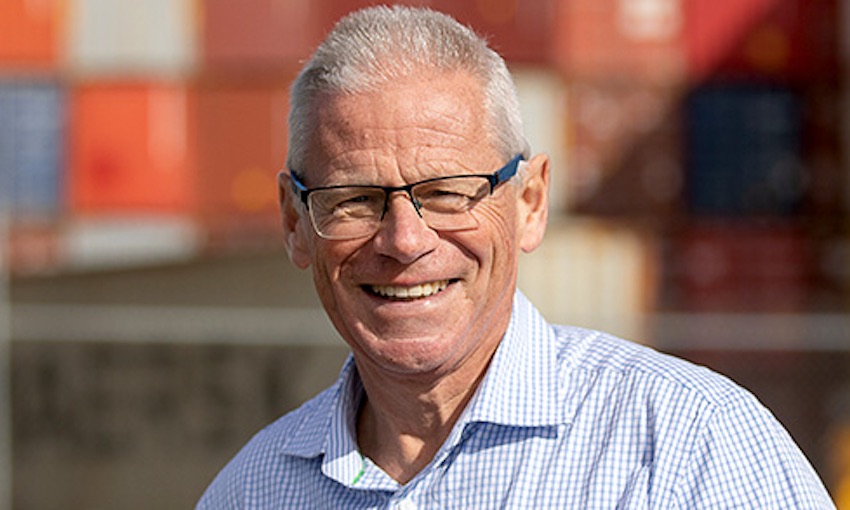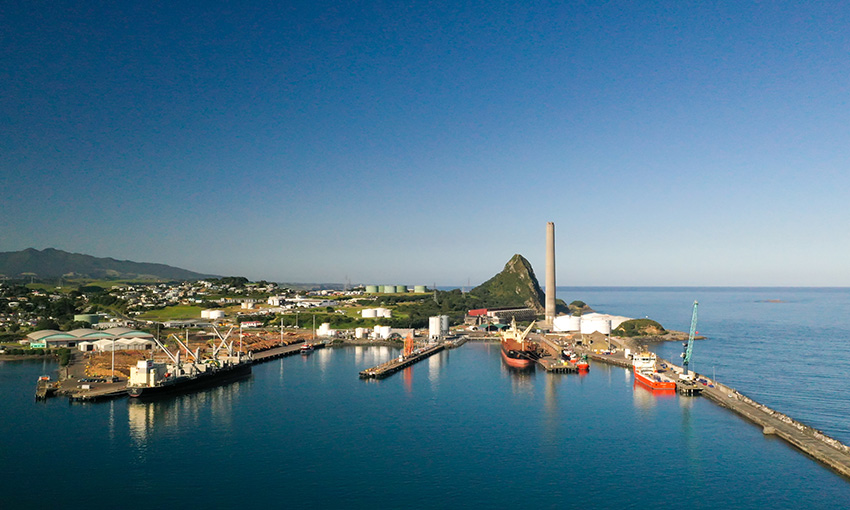NEW Zealand’s Port Otago has announced a new shipping service at one of its ports and a new chair at the company.
Port Chalmers will soon be included on Zim’s New Zealand to Australia (N2A) Service, which calls Melbourne, Sydney, Auckland, Napier and Lyttleton weekly and Tauranga and Port Chalmers fortnightly.
Napier Port is also a new addition to the service.
Port Otago commercial manager Craig Usher said the first Zim vessel is due in early February.
“While the service will initially be fortnightly, that may increase to weekly over time, depending on demand from local exporters and importers,” he said.
“The three Zim vessels on the New Zealand to Australia rotation are 1730 to 1800 TEU, adding valuable export capacity for lower South Island exporters.
“This provides direct options into two major Australian ports, namely Melbourne and Sydney.”
Zim New Zealand general manager David Mitchell said the upgraded service complements the company’s existing New Zealand coverage.
“Adding Napier and Port Chalmers to Zim’s service offers our customers more choice and more connections between New Zealand, Australia, the Far East, North America and beyond, as well as enhancing our coastal services,” he said.
Port Otago said Zim has also upgraded capacity to 1700-plus TEU vessels on the New Zealand service in time for the summer-autumn agricultural and horticultural export season.
And also, Port Otago has appointed Tim Gibson as its new chair.
Mr Gibson is currently Port Otago’s director. He is to replace Paul Rea, who is retiring.
Mr Gibson thanked Mr Rea for his 11 years of service at Port Otago.
“Paul was very focused on doing the right thing by the company,” Mr Gibson said. “It was a pleasure to work with him.”
Mr Gibson said he does not plan to make “dramatic changes” once he steps into the role of chair.
“We are in good heart, so it will be steady as she goes,” he said.
“Under Paul’s stewardship, we took positive steps towards understanding and meeting the challenges of sustainability – and we will continue to build on that.
“For our export customers, sustainability will become increasingly important, as they have their own commercial imperatives and customers to satisfy.”





